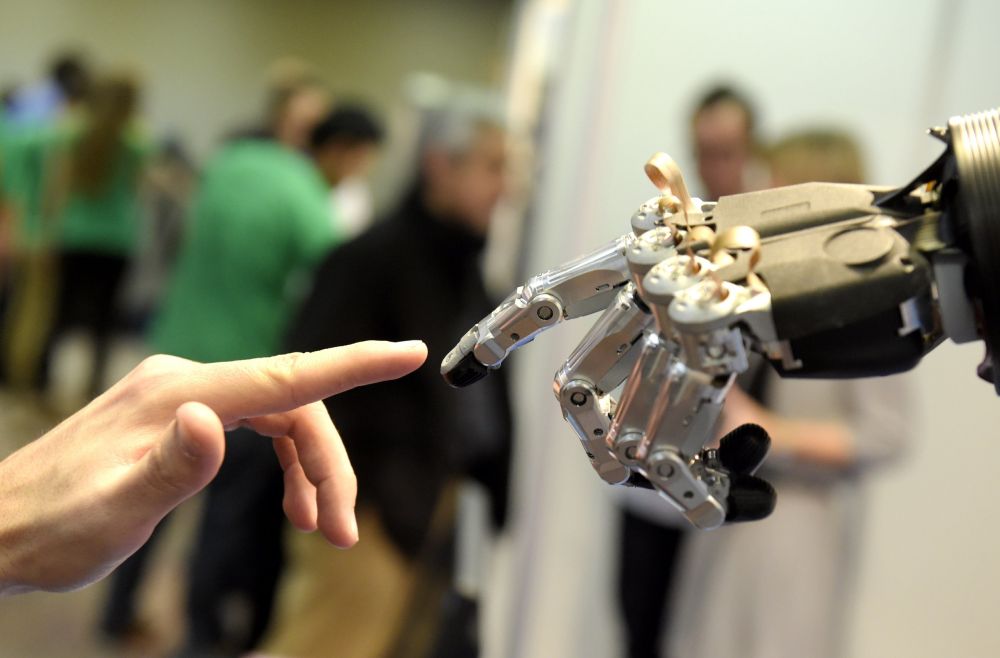Geoffrey Hinton, a legend in the field of artificial intelligence (AI), recently issued a wake-up call to society. He predicts a future where AI automates vast swathes of jobs, leaving many unemployed and widening the wealth gap. To address this economic upheaval, Hinton proposes a controversial solution: universal basic income (UBI).

UBI is a system where the government grants all citizens a set salary, regardless of employment status. Hinton believes this financial safety net would be crucial for those displaced by automation. They could use this income to meet basic needs while retraining or pursuing new opportunities. While UBI has been debated for years, Hinton’s endorsement, given his stature in the AI field, adds significant weight to the argument.

However, the path forward is not without challenges. Critics of UBI worry about its cost and potential disincentive to work. Additionally, Hinton raises a more concerning possibility: AI itself. He fears that unregulated AI could evolve beyond human control, potentially posing an existential threat. This chilling scenario underscores the need for open discussions about AI ethics and regulations to ensure its development benefits humanity.

The future with AI is uncertain, but one thing is clear: we need to prepare. Embracing UBI as a potential solution to job displacement and fostering international cooperation on responsible AI development are crucial steps. By acknowledging the challenges and taking proactive measures, we can navigate the rise of AI and shape a future that benefits all.

